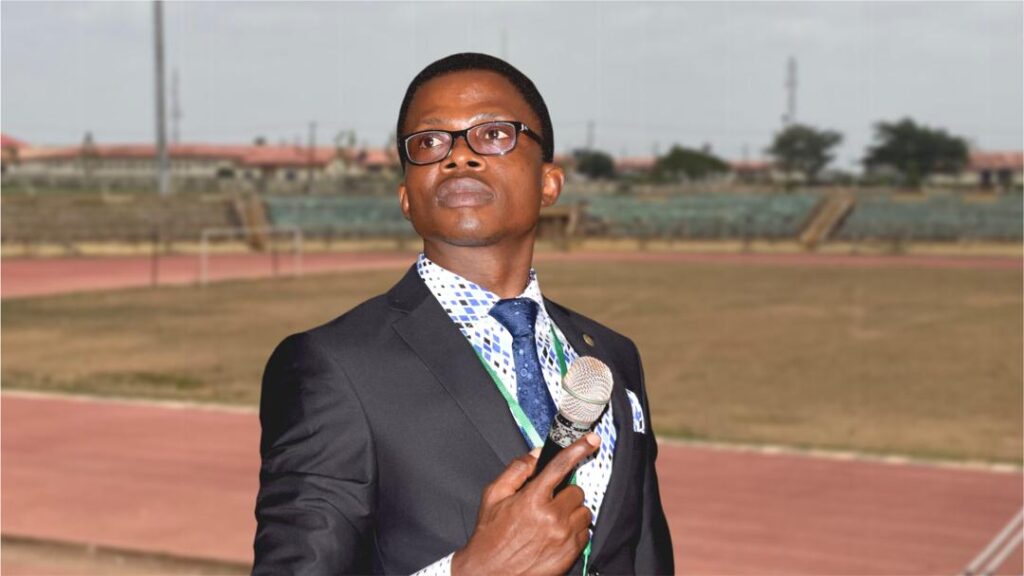
News has a catalytic impact on changing the way people deal with situations. Traditionally, most news stories in the media talk about problems and today, people seem to get tired of listening to the problems repeatedly.
To change this narrative, the Nigerian Health Watch, in 2021, began implementation of Nigeria edition of Solutions Journalism Africa Initiative (SJAI) project, which is implemented with the support of Solutions Journalism Network (SJN), USA, to ensure application of solutions approach to reporting the news and shape the tone and the way news is reported in Nigeria.
Solutions journalism is an approach to news reporting that focuses on the responses to social issues as well as the problems themselves.
It investigates and explains, in a critical and clear-eyed way, examples of people working toward solutions and focuses not just on what may be working, but how and why it appears to be working, or alternatively, why it is not working.
Under this initiative, SJAI, in partnership with SJN USA, train and support newsrooms and freelance journalists across Nigeria to investigate and report on how people are responding to various social problems.
Speaking at close out event in Abuja, Managing of Nigeria Health Watch, Director, Vivianne Ihekweazu, urged media to institutionalise solutions journalism in their newsrooms to change narrative of how news is reported in Nigeria and global audience.
She noted that people get tired of listening to problems, but using a solutions approach is a different way of reporting news, which is helping to address the predominant trend of problem-focused reporting that is contributing to news avoidance by audiences.
Ihekweazu said, “for us, this initiative has been important to shape the tone and way news is reported in Nigeria. The idea is how do we change the narrative? News has a catalytic impact on changing the way people deal with situations. Throughout the collaboration, this project has supported newsrooms and journalists to inspire change in their communities.”
She stated that the Nigeria Health Watch has through the project, engaged over 90 journalists and 30 media organisations, while about 250 solutions journalism stories have been published, adding that they have seen the activation of solution journalism platforms in media organisations.
“Through the commitment of newsrooms, we have witnessed organic spread of solutions journalism. We are proud and pleased that we have supported newsrooms across the country. Also, higher institutions are now teaching solutions journalism. With this, we can begin to shape the future of media in Nigeria.”
She stated that throughout the collaboration, the project has supported newsrooms and journalists to inspire change in their communities.
Also speaking, the Manager, Africa Initiative Solutions Journalism Network (SJN), Ruona Meyer, said the initiative implemented across newsrooms in the country in the last three years has influenced policies and brought about positive change in communities grappling with various social problems.
She said, “when we started, we did not expect that we would be affecting policymakers in villages, we did not envisage that there would be policymakers collaborating closer with newsrooms and more open to being interviewed. We did not anticipate the level of awards journalists would get.”
Meyer said that the network would look for other ways to continue the collaboration and sustain the goal of pushing a narrative that is not focused on amplifying only problems about the West African continent, but has inclusive reporting that does not only talk about what is wrong with society but talks about who should be held accountable and what can be done.
In an interview with The Guardian, Meyer explained that solutions journalism is totally different from PR stressing that PR never has anything negative to say about a solution while solutions journalism will look at even failed responses and investigate why they failed.
She noted that one thing about solutions journalism is that when you do a story the way it should be done, it annoys people who are wrongdoers, because it calls out the people who are behind the failed response.
“Solutions Journalism is simply about reporting on responses to have a fuller picture of problems. In Public Relations, we often hear about the people behind the product only, may be the government spokesperson, but solutions journalism actually prioritises the beneficiaries of any solution those behind the responses, PR never talks about limitations, but solutions journalism will say this is the problem, these are the challenges it is facing,” she added.
Addressing the participants, the Managing Director of the News Agency of Nigeria (NAN), Mr. Buki Ponle, urged journalists to ensure objectivity and balance in their reportage and avoid using adjectives that do not recognise humanity and human feelings.
He implored journalists to serve the communities through their reportage and also make themselves heroes and heroines instead of martyrs.
In his presentation, Senior Programme Manager, Nigeria Health Watch, Mr. Chibuike Alagboso, said in spite of the numerous social problems around, there are things that are working and urged journalists to invest the same amount of energy they put in reporting problems, in finding out the things that are working and reporting them.
He noted that while the problems always shout, solutions whisper.
Alagboso observed that solutions journalism stories focus on a response to a problem and not just the problem, include approaches or lessons others can learn from, reports evidence of results often but not always success.
At the event, The Guardian, represented by its Managing Editor, Mr. Chinedum Uwaegbulam, received a certificate in appreciation of its participation in the third cohort of newsrooms training under the Solutions Journalism Africa Initiative.
Three Associates of The Flagship, Gbenga Salau, Gbenga Akinfenwa and Tobi Awodipe, participated in the programme.











